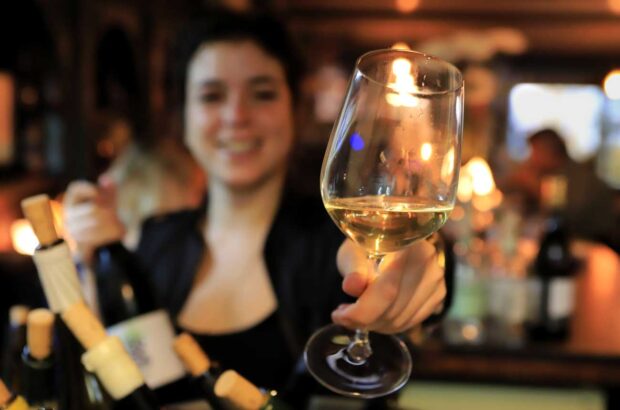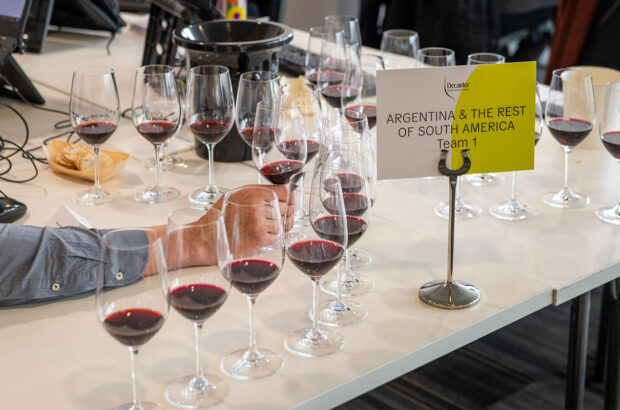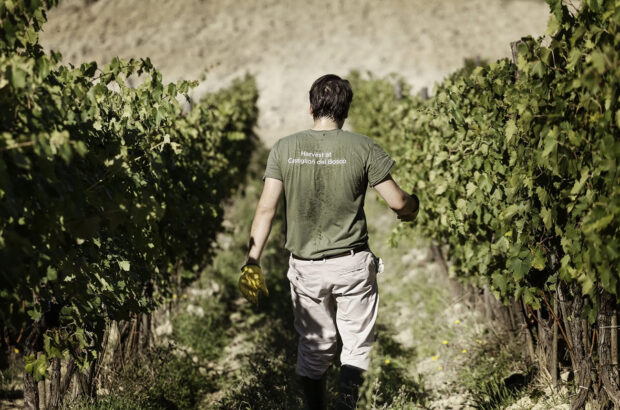Majestic Wine has sourced more wines from Eastern Europe as cost pressures have risen in the past year, exacerbated by the weaker pound sterling versus currencies around the world and also higher duty tax.
Majestic Wine dropped into the red in its latest financial year, to 3 April 2017, as higher costs and ‘acquisition-related’ charges blighted a 16% increase in net sales versus the previous year. Net sales hit £465.4 million, with a target of £500 million set for 2019.
Majestic CEO Rowan Gormley said that the wine retailer had ‘passed a tipping point’ in its strategic turnaround plan, despite the £2.69 million net loss. Its share price fell by 3.5% by lunchtime on Thursday 15 June.
Brexit effect
While Majestic’s accounts showed a 21% jump in distribution costs and company-specific, one-off charges dragging down earnings, the group also pointed to extra pressure on the wine trade following last year’s Brexit vote.
A weak sterling currency meant that Majestic raised prices by between 4% and 6% on some wines at the start of 2017, Richard Weaver, buying and merchandising director for the company, told Decanter.com.
This tallies with recent warnings from the Wine & Spirit Trade Association, which said currency and duty tax rises in-line with inflation have upped the pressure on importers, merchants and retailers.
‘It’s not just the pound versus the euro. We’ve seen currency swings before, but this is probably the most universal shift [for sterling] against every foreign currency,’ he said.
No more price increases are forecast at Majestic for now, but it’s an ongoing issue, Weaver said.
UK price inflation was close to a four-year high in May, at 2.9%, according to the Office for National Statistics.
Romanian Pinot Grigio
Retailers like Majestic are having to react by getting creative with their sourcing, Weaver said.
Majestic has launched what it described as its first ‘entry level’ wines at £5.99-a-bottle. And buyers have looked beyond classic regions to do it – exploring value all over the wine producing world.
‘For example, we’ve got a Pinot Grigio from Romania and a Grüner Veltliner from Hungary,’ said Weaver.
‘These wines are being well received by consumers. Places like Eastern Europe and Portugal are under-represented and are making good quality wines, and the production costs there are lower.’
Several major wine retailers in the UK have been experimenting with new regions on shop shelves.
Both Sainsbury’s and Tesco have introduced Chinese wines in 2017, while Berry Bros & Rudd has been looking to source more wines from Eastern Europe in recent years.
English wine flourishes thanks to ‘craft’ trend
Closer to home, though not necessarily at the value end of the spectrum, Majestic has also seen strong demand for English sparkling wines, said Weaver.
He believes that this fits into a consumer trend for local and ‘craft’ drinks, which also helped the retailer’s gin sales to more than double in its financial year.
During the year, Majestic’s Naked Wines subsidiary ran a crowdfunding campaign among its members – known as ‘angels’. In September 2016, 1,200 Angels raised £112,800 to fund a new English Sparkling wine from Naked winemakers Charles and Ruth Simpson. The wine will be bottled in 2018.
More stories like this:

Hung parliament: How UK election result may impact wine trade
Sterling gets the jitters and Brexit is more uncertain...

Brexit is forcing up UK wine prices, warns WSTA
Brexit effects are starting to bite, says wine body...

Brexit: Tenth of Britons fear Champagne and Prosecco ban – survey
Britons fear a Champagne ban after Brexit...

What does Brexit mean for supermarket wine? – ask Decanter
What does Brexit mean for everyday supermarket wine prices?

Champagne makers blame Brexit for lower 2016 sales
Weaker demand in UK hits volumes, show initial figures...

Majestic Wine drops six bottle minimum rule






